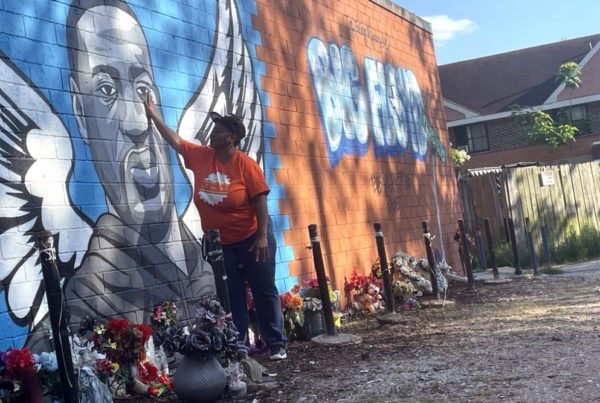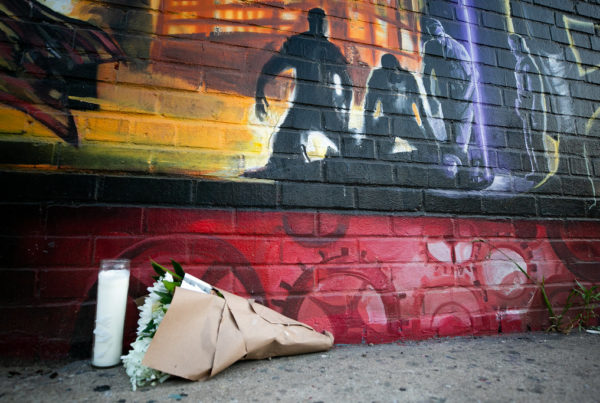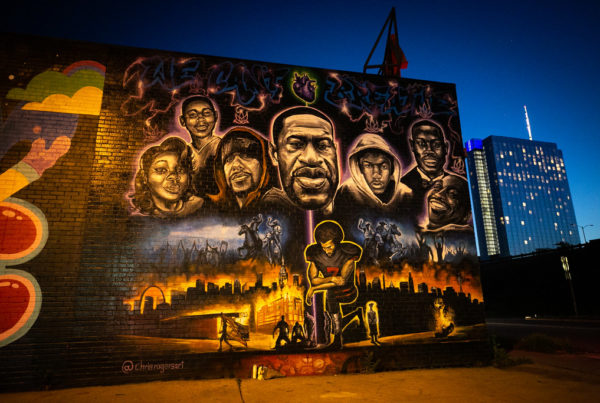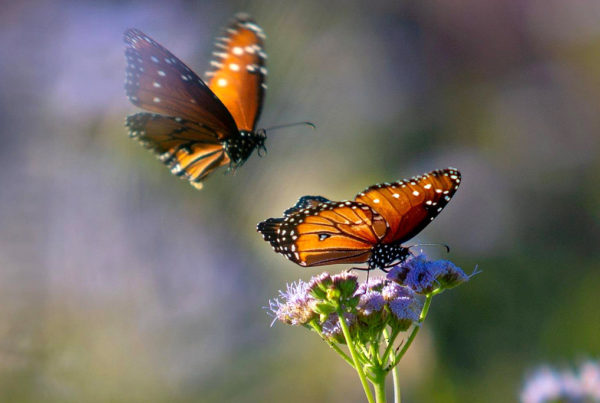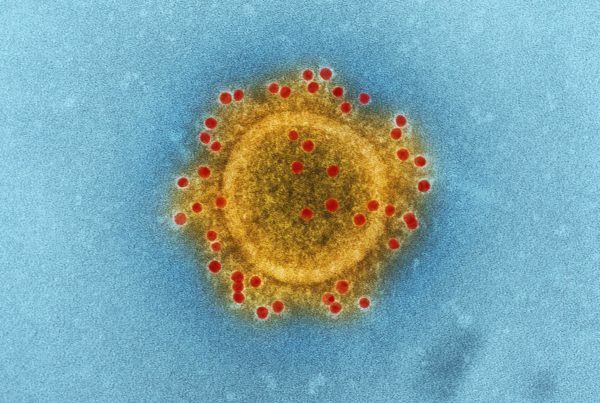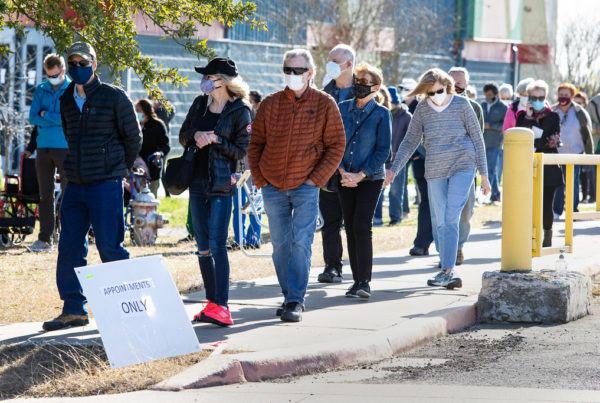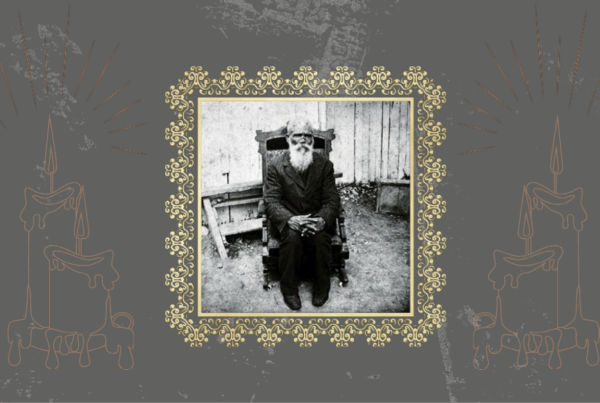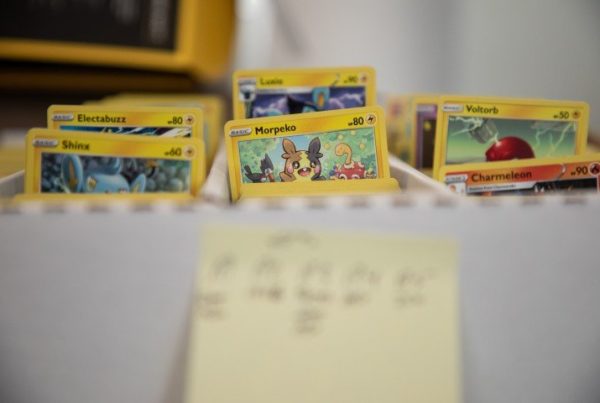A new variant of SARS-CoV-2, the virus that causes COVID-19, has been identified in Texas.
Texas A&M University Global Health Research Complex’s chief virologist, Benjamin Neuman, tells Texas Standard that he and fellow researchers recently found variant BV-1, named after the Brazos Valley, in an A&M student with mild COVID-19 symptoms. The researchers have identified two other variants – BV-2 and 3 – though Neuman says they’re most focused on the potential impact of the first one.
The risks are still being determined, but Neuman says letting people know that these variants exist is an important “early-warning system” to stop their spread.
How they discovered BV-1:
“What we’re doing out there is essentially just like when you were a kid and you flipped over stones in the backyard to see what weird bugs were under there, only we’re doing this with COVID. We’re looking in asymptomatic cases, in mild cases, just to try and get a feel for what’s out there, and then we found this one,” Neuman told Texas Standard.
That student had tested positive on March 5, and by March 25 only exhibited mild COVID-19 symptoms.
How they’re evaluating its threat:
Neuman says researchers are looking at how, exactly, the virus is changing, and where the changes are occurring on the virus. Some mutations can just be “changes for change’s sake”; others may significantly affect how the virus functions and whether it’s more infectious like the UK variant or more resistant to antibodies like the South African variant.
“You look for particular changes in particular places, you know, that have done things to the virus before and made it better able to spread or better able to do some part of its job,” Neuman said.
What does this new variant mean for the efficacy of the vaccines?
Nothing, yet, Neuman says. He and other researchers are still try to determine how the virus has mutated before understanding its effects.
If a virus is spreading, it’s likely mutating:
Neuman says as long as the coronavirus is spreading among people it has the opportunity to mutate, which is why he says it’s so important to stop the spread because those mutations make the virus harder to contain. He says there’s been at last 35-40 mutations of SARS-CoV-2 since it was first identified in China.
Right now, slowing that spread still includes vaccinations, social distancing and mask-wearing.
This story has been updated to clarify that only one student had been identified as having the BV-1 variant, not multiple students.




